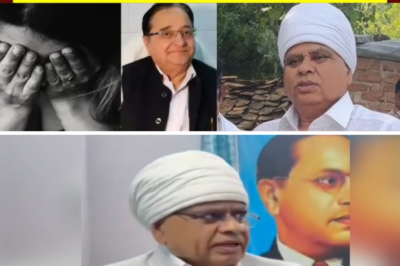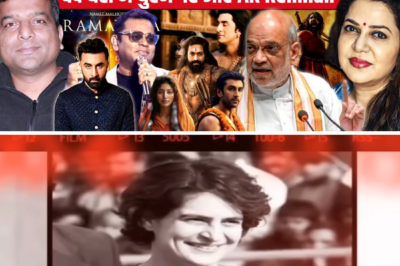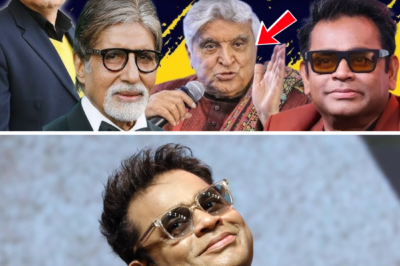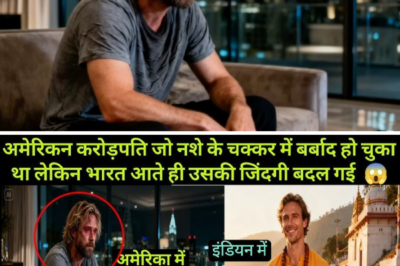BBC Report Exposes Kumbh Death Toll Cover-up, Sparks Political Debate in India
A recent BBC report has reignited controversy in India by revealing that the actual death toll during the Kumbh Mela was significantly higher than officially reported by the Uttar Pradesh government. The report, which details that at least 82 people died during the religious gathering, has accused the state authorities of concealing the real figures and mishandling compensation for victims’ families.
Government Silence and Media Exposure
Despite repeated incidents of Indian students being mistreated and deported from the United States in handcuffs and shackles, the Indian government has remained largely silent. This ongoing issue, coupled with the BBC’s revelations about the Kumbh tragedy, has raised serious questions about the government’s accountability and transparency.
During an exclusive conversation with political analyst Abhay Dubey, the 4 PM News Network revisited the events of the Kumbh Mela. Dubey pointed out that on the day of the stampede, Chief Minister Yogi Adityanath publicly claimed that there were no casualties, a statement later contradicted by on-ground reporting and the subsequent BBC investigation. The BBC report also highlighted that some families did not receive compensation, while others were pressured to remain silent.
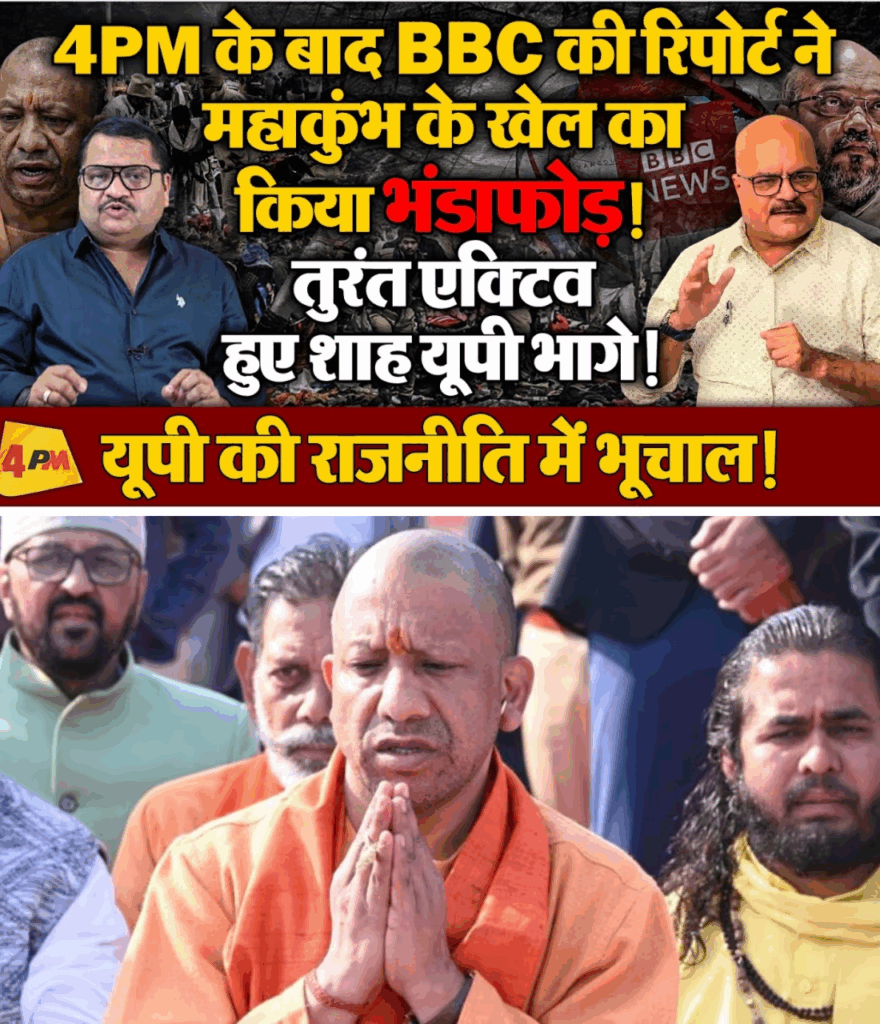
Political Fallout and Public Perception
Abhay Dubey predicts that the BJP and its spokespersons will soon label the BBC as anti-Hindu, anti-national, and an agent of foreign powers. He believes that such exposés rarely impact the ruling party due to its robust communication ecosystem and the lack of immediate accountability within the party structure.
Dubey also criticized the BJP for its handling of internal scandals, contrasting it with the Congress era when ministers would resign amid allegations, even before charges were proven. He pointed out that nowadays, no action is taken against party members accused of serious misconduct unless there is undeniable public evidence.
Impact on BJP’s Image
While the BBC report may not trigger immediate political consequences, Dubey believes it adds another layer to the growing perception among the public that the BJP is indifferent to ethical standards and public accountability. He explained that such incidents accumulate over time, gradually eroding voter trust and eventually influencing electoral decisions.
Dubey emphasized that public reaction is now more subdued compared to previous decades, with protests and movements rarely gaining traction beyond brief media coverage. However, he noted that the long-term impact of these events should not be underestimated, as they contribute to a silent buildup of public dissatisfaction.
Diplomatic Concerns Over US Treatment of Indian Students
The discussion also touched upon recent incidents in the US where Indian students have been mistreated and deported under humiliating conditions. Critics, including the Congress party, have accused the Modi government of failing to stand up to the US and protect Indian citizens abroad. Dubey remarked that the BJP tends to manage such issues through electoral strategies rather than direct diplomatic engagement, often resorting to “whataboutery” in public debates.
Internal Dynamics and Leadership Questions in BJP
The conversation shifted to the internal politics of the BJP, with speculation about the relationship between Amit Shah and Yogi Adityanath, potential interventions by the RSS, and the future leadership of the party as Prime Minister Modi approaches the age of 75. Dubey suggested that while Modi’s influence has waned since the last general election, the party lacks a clear alternative leader capable of matching his nationwide appeal.
The BBC report on the Kumbh Mela has exposed significant discrepancies in the official narrative and has intensified scrutiny of the Uttar Pradesh government and the BJP at large. While immediate repercussions may be limited, the accumulation of such incidents could have lasting effects on public perception and the political landscape in India.
News
रेप पर गैर-जिम्मेदार बयान और राजनीति की गिरती संवेदनशीलता: सवाल नेताओं की सोच पर
रेप पर गैर-जिम्मेदार बयान और राजनीति की गिरती संवेदनशीलता: सवाल नेताओं की सोच पर भारत में यौन हिंसा जैसे गंभीर…
महिलाओं पर शर्मनाक बयान, विपक्ष की Dirty Politics बेनकाब | Phool Singh Baraiya | ST Hassan | N18V
रेप पर गैर-जिम्मेदार बयान और राजनीति की गिरती संवेदनशीलता: सवाल नेताओं की सोच पर भारत में यौन हिंसा जैसे गंभीर…
रामायण Film के बायकाट की तैयारी, घुटनों पर आए AR Rahman l Chandra Prakash l Anju Pankaj
ए.आर. रहमान के बयान पर बढ़ता विवाद: कला, पहचान और बदलता बॉलीवुड प्रसिद्ध संगीतकार ए. आर. रहमान द्वारा हाल ही…
भारत में A R Rahman जैसे एक नहीं अनेक हैं ! | Bollywood, Amitabh Bachchan | Global Harsh
ए. आर. रहमान का बयान: क्या वाकई बॉलीवुड में सांप्रदायिक भेदभाव है? हाल ही में मशहूर संगीतकार ए. आर. रहमान…
जब टूटना ही शुरुआत बन गया
जब टूटना ही शुरुआत बन गया कैलिफ़ोर्निया की सुबह हमेशा की तरह सुनहरी थी। सूरज की किरणें ऊँची इमारतों के…
अमेरिकन करोड़पति जो बिजनेस में बर्बाद हो चुका था लेकिन भारत बाते ही उसकी जिंदगी बदल गई थी 😱
जब टूटना ही शुरुआत बन गया कैलिफ़ोर्निया की सुबह हमेशा की तरह सुनहरी थी। सूरज की किरणें ऊँची इमारतों के…
End of content
No more pages to load

